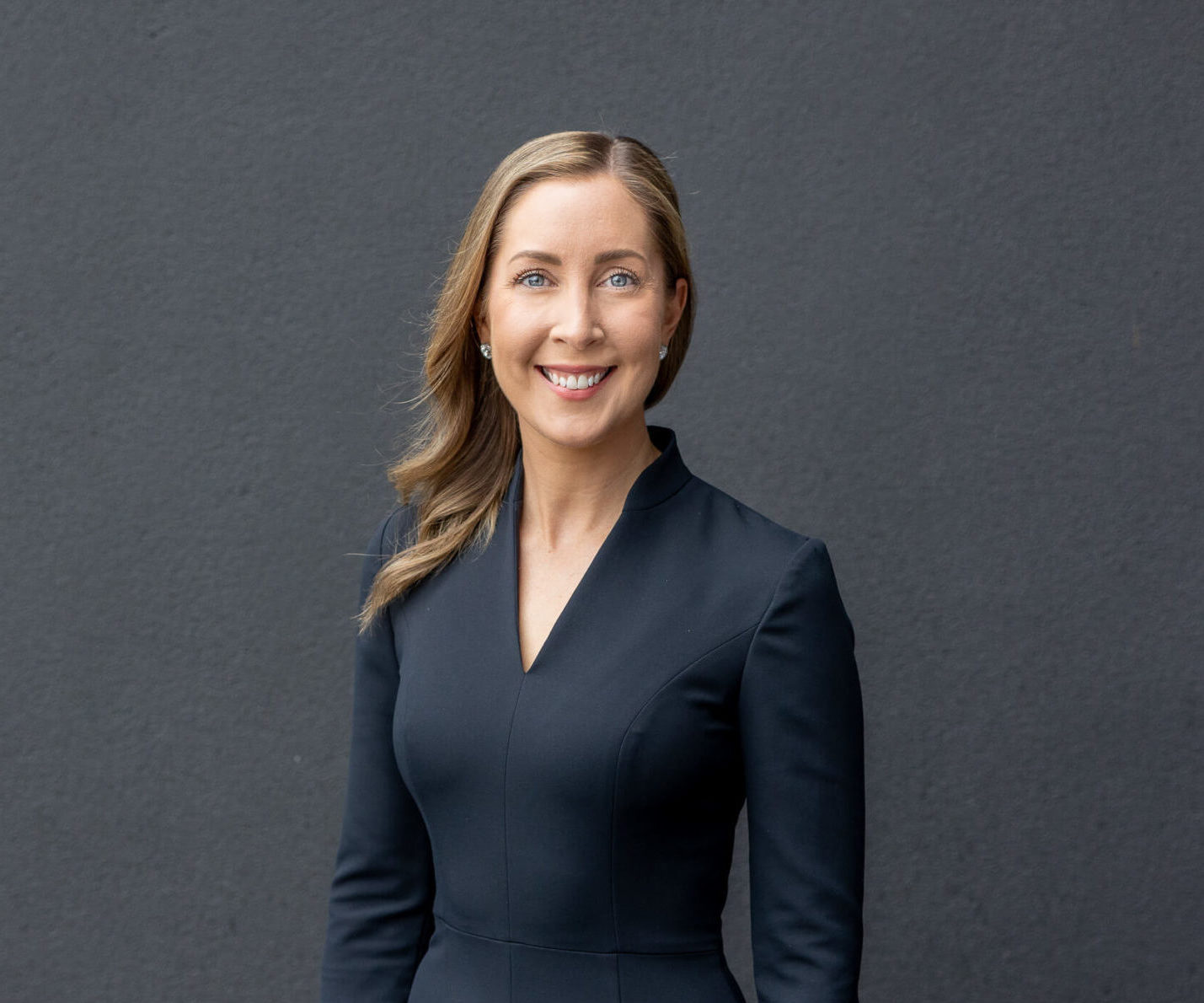Tax can often be a hidden issue when structuring a family law property settlement. In particular, a Capital Gains Tax (CGT) event may be triggered when adjusting property between parties. In some cases, multiple tax events may even be triggered upon the transfer of property. This case note deals with the decision in Elgin & Elgin [2015] FamCAFC, which highlights the importance of considering CGT, structuring an outcome that is the most tax effective option, and the need for evidence in relation to the tax consequence of any adjustment that the court may contemplate when structuring a property.
Background
The facts in Elgin are summarised as follows:
- The husband and wife had accumulated considerable wealth during their relationship. There was no dispute that they started their married life together with very little and, that in the twilight of their lives, after 49 years of marriage to each other and a few years of separation, there was a valuable property pool available for division between them. There was very little dispute between them about the course of their marriage, the roles undertaken by each of them, and the quality each ascribed to the other’s efforts in carrying out those roles.
- In the 1990’s, the husband’s business was gradually sold and the parties began property development on the Gold Coast. A number of companies referred to as the “Elgin Group”, were created, involving various structures in which the husband, the wife and their children took part. The Elgin Group consisted of 33 companies and other entities including trusts.
- The parties separated in June 2009. The husband had re-partnered in 2008 (’Ms KL’). A number of properties on the Gold Coast were purchased by the husband and registered in Ms KL’s name. The husband and Ms KL married in 2011. Their first child together was also born in 2011.
- In terms of pre-trial matters that affected the conduct of the trial and raised in the appeal:
(a) The husband and wife’s net worth was substantial. The valuation process to some extent was inevitably complicated.
(b) The husband made an application for an adjournment. The application was made on the first day of the trial because the report of the single expert was released to the parties’ lawyers only the day before. The report dated 16 July 2012 is some 374 pages. Ms CCC valued the Elgin Group at $38,599,608 as at 30 June 2011. The husband’s counsel contended during the adjournment application that the Elgin Group was overvalued by $12,000,000. In support of that application, counsel relied upon a report prepared by Mr HY dated 18 July 2012, an accountant engaged by the husband, apparently after the release of the report.
(c) In considering the adjournment application, the judge found that the husband was very much directly involved and at [26]:
…[R]esponsible for the lateness of the report being provided by Ms [CCC]. To the extent that he is not responsible for the lateness of the report of the real property valuer and the impact that that has had in the process, I am satisfied that he has at least been in a position for the last few weeks to take steps to remedy that.
(d) At the time of the commencement of the trial, there was no mention of the potential CGT or other taxes likely to be incurred as a result of final orders made in the litigation.
- The trial judge treated the properties registered in the name of Ms KL as those of the husband. The net worth as found by the trial judge was $44,319,922.
- The trial judge found that after a marriage of almost 50 years the parties’ contributions were equal, albeit different in nature.
- Accordingly, for the wife to retain and receive property and superannuation to the value of $22,159,961 she was to receive property and/or cash from the husband to the value of $15,432,457, in return for transferring to him all of her interest in the property and the entities that he will retain control of.
- The orders sought by the husband asked that the husband pay to the wife, within three months of the date of the orders the sum of $7,131,938 and transfer to her two units, Apartment D and Apartment G, and another unit in Melbourne. There was no reference to potential taxation liabilities.
- Through the trial the judge was not alerted to the potential taxation liability. The husband gave evidence that he expected to be able to obtain funds to pay the wife.
- To provide further context, in the appeal it was found that the husband would incur a tax liability of $4,700,000 as a result of the transfer of property/cash to the wife under the orders.
The Appeal
On appeal there were many contentions including that the refusal to grant the adjournment constituted a denial of procedural fairness. However, this case note deals only with the following ground of appeal (‘Ground 3’) made by the husband:
Paragraph 2.11 of the unchallenged evidence of the single expert, Ms [CCC] provided:
“I have not considered the effect of future Capital Gains Tax (CGT) income tax or Goods and Services Tax (GST) on the realisation of the assets of the entities or the parties’ interests in the entities, with the exception of notional income tax calculations for those entities that hold properties for sale, not investment purposes. Should assets be sold or transferred between the parties as a consequence of these proceedings, the tax consequences and any other realisation costs must be considered prior to the finalisation of any orders.”
In the face of that unchallenged evidence, his Honour:
(a) erred by making the orders which he did on a final basis as in the absence of this evidence the Trial Judge could not determine if the orders were just and equitable; and
(b) erred by ordering in Order (7) that, inter alia, the “Husband indemnify the Wife in respect of all past, present and future liabilities arising as a result of the Orders herein … including any and all taxation liabilities.”
The appellate court delivered separate judgments. In relation to Ground 3:
- Her Honour Justice May said:
152. Counsel for the husband argued in his oral submissions that it was not the sole responsibility of the husband to draw the issue of taxation to the judge’s attention. Counsel suggested it was the “judge’s responsibility” and that he had an obligation to make an order that was just and equitable.
153. The essence of the position of the wife is contained in the oral submissions of Mr North before us, which appear as follows:
MR NORTH: …Every party came here legally represented. His Honour, whilst he has an obligation to make a determination which is just and equitable under section 79(2) it’s an obligation, with respect to proceedings that are adversarial, to make a just and equitable order in light of the evidence in the case presented before him by each of the parties, in our respectful submission. Now, that’s precisely what his Honour did.
(Transcript of appeal, p 123, l 41-45)
MR NORTH: …It also leaves open the prospect – and this is to be guarded against, in our respectful submission. Parties ought to be bound by the manner in which they conduct their case. They oughtn’t be given license to invite the court to inquire or infer as to why they conducted their case in that way. The court oughtn’t be invited to presume that a party didn’t have a reason, that that party thought was a valid reason, for not raising the issue and nor should the court speculate about it. In my respectful submission, it’s a matter for your Honours’ discretion as to whether you allow this issue to be raised for the first time on an appeal. And, if you do, it’s a matter which can be dealt with by orders such as we propose. And they’re the submissions we make on the issue.
…………..
154. While it must be acknowledged that the judgment was delivered after a significant delay, it must also be remembered that the husband was represented by a sophisticated legal team and is obviously an astute business person. It is therefore difficult to understand how he could not have at least anticipated taxation consequences would need to be considered and had ample opportunity to make an application to address this issue. Further, the initial significant contribution of the husband in not assisting Ms CCC in finalising the report at an earlier time, a finding of the trial judge, cannot be ignored.
155. Despite the well-articulated arguments on behalf of the wife, and the apparent failures of the husband to conduct his case, it cannot be regarded as just and equitable to uphold orders that do not take into account such a serious misstep as failing to allow for taxation consequences of a significant sum and ordering the husband to be responsible for the payment. Such an order cannot be said to be just and equitable. It must be in the interests of justice to remit the matter for re-hearing at least on this issue. There is merit in this ground of appeal.
2. In their joint judgement their Honour’s Thackray and Ryan JJ found that:
(a) The husband quantified the total tax at $4,700,000. Accordingly, despite the court ordering that property should be divided equally between the parties, the husband was to receive much less than that under the order given he was solely responsible for the payment of tax resulting from his compliance with the order i.e. the transfer of property of $15,400,000;
(b) At trial the husband did not seek any order containing a mechanism taking a tax consequence into account. Their Honour’s also found that counsel for the husband did not make any submissions on the issue and, in particular, made no mention of the caveat in the expert’s report being that she had not considered CGT. However, in his Amended Response, and in closing submissions, the husband did propose an order that each party “indemnify the other in relation to any and all liabilities attaching to the assets or property transferred to or retained by each of them pursuant to this Agreement [sic]”;
(c) The husband would have carried the tax burden arising as a result of extracting property/cash of $15,400,000 to transfer to the wife;
(d) Despite the husband wanting to retain the corporate structure, their Honour’s did not accept that this means it was for him to agitate for the tax consequences to be considered. This view appears consistent with the remarks of May J at para 156. Their Honours also said that it equally be argued that it was the wife who sought to be free of entanglement with the corporate structure, and to be indemnified against at least some tax liabilities, and that it was therefore incumbent on her to persuade the Court of the merit of her claim. This is especially so where she had not challenged the statement of the expert that the tax consequences “must” be taken into account.
(e) Ultimately, it was impossible for the trial judge to make orders that were just and equitable’. It was impossible because there was:
(i) No evidence about the tax consequence of extracting the $15,400,000 from the business to pay the wife,
(ii) No submissions relating to the tax; and
(iii) No reason for leaving the husband responsible for all of the tax.
(f) Accordingly, it was essential for the parties to have been given an opportunity to make submissions about the proposed form of the orders, and the way in which the taxation burden would be shared, in order to bring about the intended equal division of the assets.
Conclusion
As noted in the opening, this decision highlights the need to be alive to and obtain advice as to whether the transfer of property will trigger a tax consequence (i.e. CGT and/or Div 7A), and if so, what that tax consequence is. There may be various ways to adjust property depending upon the complexity of the corporate arrangement. Each way may have a different tax consequence for both parties arising from the same transfer.
Therefore, it is critical to obtain specialist tax advice in addition to specialist family law advice, to work through what outcome is the most appropriate in the circumstances to enable a just and equitable adjustment. This will also give a greater likelihood to a clean and efficient property settlement.













